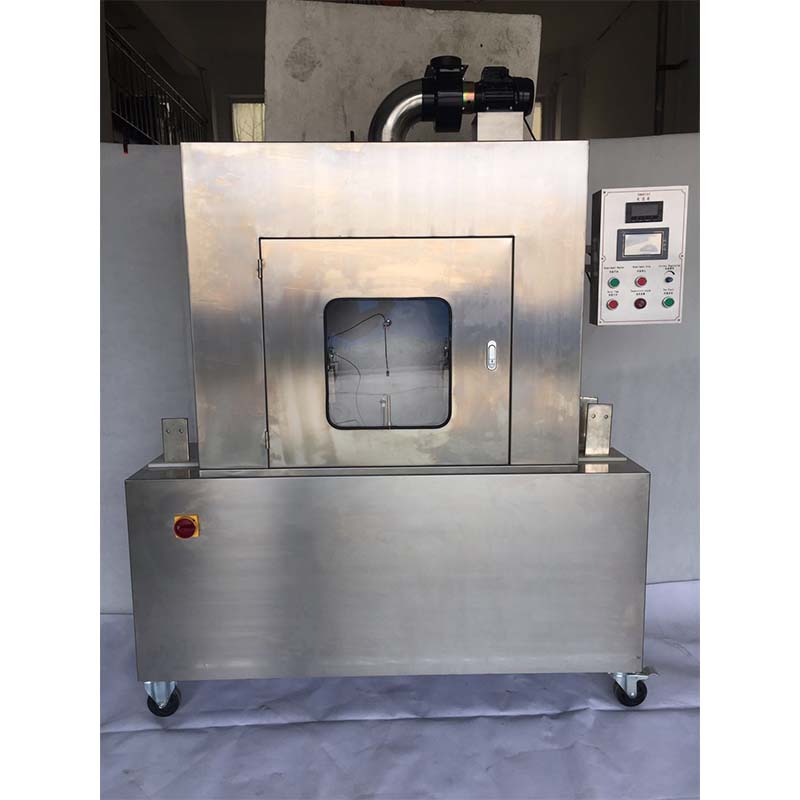Conductor Resistance Testing Exporters and Their Quality Assurance Standards
Understanding Conductor Resistance Test Exporters
In the electrical engineering industry, conductor resistance tests play a crucial role in ensuring the reliability and safety of electrical systems. This testing is essential for assessing the quality and performance of conductors used in various applications, including power transmission, distribution systems, and electronic devices. As the demand for reliable electrical components increases worldwide, the role of conductor resistance test exporters has become increasingly vital. This article will explore the significance of conductor resistance testing and the responsibilities of exporters in this domain.
What is Conductor Resistance Testing?
Conductor resistance testing involves measuring the resistance of electrical conductors, such as cables and wires, to determine their electrical performance. This test is critical because it helps identify issues such as excessive resistance, which can lead to energy loss, overheating, and potential failure of the electrical system. The measurement is usually performed using specialized equipment that applies a known current to the conductor and measures the resulting voltage drop, allowing for resistance calculations based on Ohm’s law.
The resistance values obtained from these tests can indicate the quality of the conductor material, the effectiveness of the insulating materials, and the overall integrity of the electrical system. Adhering to established standards, such as those set by the International Electrotechnical Commission (IEC) or the American National Standards Institute (ANSI), is crucial for ensuring that the conductors meet safety and performance requirements.
The Role of Exporters in Conductor Resistance Testing
As globalization continues to shape the electrical industry, exporters of conductor resistance testing equipment and services have emerged as key players in facilitating the international trade of electrical components. These exporters provide a range of products, including precision testing instruments, calibration tools, and compliance services. Their responsibilities often include
1. Product Quality Assurance Exporters must ensure that their testing equipment meets international quality standards. This involves implementing rigorous quality control measures during the manufacturing process and conducting thorough testing before shipping.
2. Compliance with Regulations Different countries have specific regulations concerning electrical safety and performance standards. Exporters must be knowledgeable about these regulations to ensure that their products comply with local laws, facilitating smooth entry into new markets.
conductor resistance test exporters

3. Technical Support and Training Providing technical support and training for customers is crucial. Exporters often offer training sessions on how to use testing equipment effectively, interpret results, and perform maintenance. This support helps customers achieve accurate and reliable testing outcomes.
4. After-Sales Services After a product is sold, exporters typically offer after-sales services, including repair and maintenance. This contributes to customer satisfaction and builds long-term relationships between exporters and their clients.
5. Market Research and Development Understanding market trends and customer needs is vital. Exporters engage in market research to develop innovative products that address the changing demands of the electrical industry. This proactive approach helps maintain competitiveness in a rapidly evolving market.
Global Demand for Conductor Resistance Testing Equipment
The increasing emphasis on energy efficiency and reliability in electrical systems has spurred global demand for conductor resistance testing equipment. As industries grow and the need for robust electrical infrastructure expands, the importance of testing remains paramount. This demand is evident in sectors such as renewable energy, telecommunications, and manufacturing, where reliable electrical systems are essential for optimal performance.
Furthermore, as countries strive to meet sustainability goals, the push for higher-quality electrical components and systems will continue to drive the market for conductor resistance testing. This shift presents both challenges and opportunities for exporters. They must remain agile and responsive to market dynamics while ensuring their products and services stand out in a competitive landscape.
Conclusion
In summary, conductor resistance testing is a critical aspect of maintaining the integrity and safety of electrical systems. Exporters play an essential role in providing the necessary testing equipment and services to ensure compliance with international standards and address the growing demand for reliable electrical components. As the electrical industry evolves, the contributions of these exporters will be crucial in supporting advancements in technology and practices, ultimately leading to a more efficient and sustainable future in electrical engineering.
-
The Role of Tensile Force Testers in Quality Control and Material Science
NewsAug.01,2025
-
Maintenance and Safety Tips for Aging Ovens
NewsAug.01,2025
-
Density Balance in Forensic Science
NewsAug.01,2025
-
Advanced Optical Measurement Technologies
NewsAug.01,2025
-
A Buyer’s Guide to Tensile Test Machines
NewsAug.01,2025
-
Why the Conductor Resistance Constant Temperature Measurement Machine Redefines Precision
NewsJun.20,2025
 Copyright © 2025 Hebei Fangyuan Instrument & Equipment Co.,Ltd. All Rights Reserved. Sitemap | Privacy Policy
Copyright © 2025 Hebei Fangyuan Instrument & Equipment Co.,Ltd. All Rights Reserved. Sitemap | Privacy Policy
